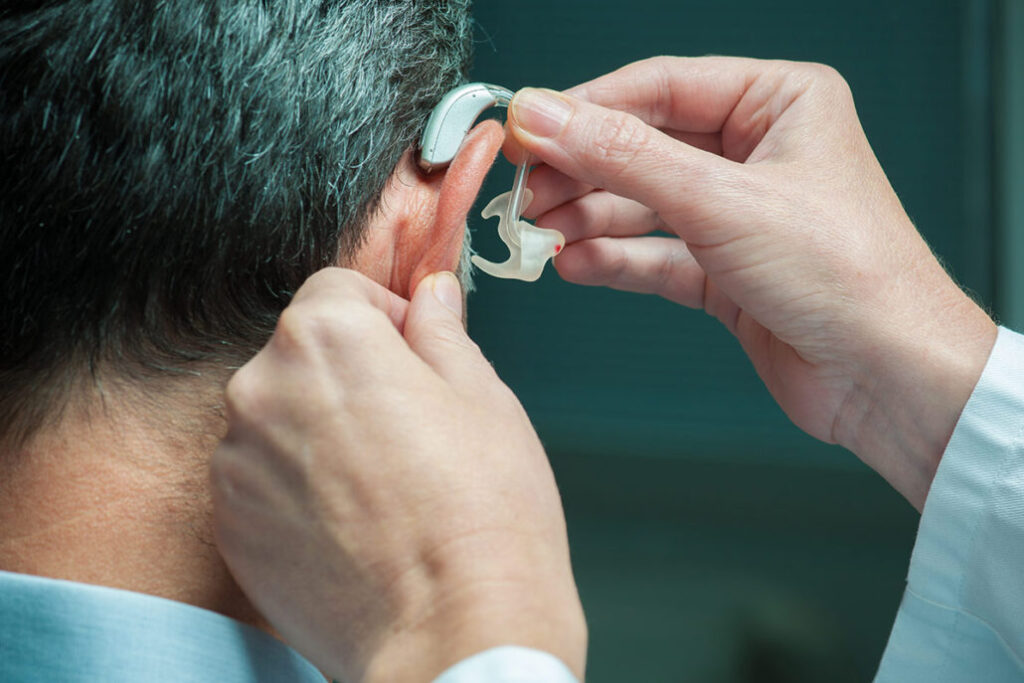Introduction
Lyme disease and other vector-borne infections such as Bartonella, can have significant negative effects on hearing health. If not timely diagnosed and treated, Lyme can have profound consequences including damage to the inner ear, the eighth cranial nerve, and the facial nerve. These manifestations of Lyme disease may include:
What Cause Symptoms?
With the wide range of symptoms patients are already facing as Lyme patients, it can be hard to identify the root cause. It is thought that symptoms may be the result of an inflammatory response in the tissues of the inner ear, leading to damage to the hair cells or nerve fibers responsible for hearing. As with other body systems, such as joints, the bacteria may directly invade and damage the structures of the ear. It is also possible that the hearing loss is a result of the body’s immune response to the bacteria, which can cause damage to healthy tissues as well.
If you suffer from symptoms, there are a variety of methods available to alleviate them. Patients with tinnitus, hyperacusis, and hearing loss can benefit from a number of interventions designed to lessen the effects of these conditions. The most common interventions include:
- Hearing aids
- Tinnitus Retraining Therapy (TRT)
- Sound therapy
- Cognitive Behavioral Therapy (CBT)
- Cochlear implants
Patient Examples and Case Studies
Sharing patient stories and published research helps to further the recognition of hearing loss as a symptom of Lyme disease.
A current participant on The Bachelor, Daisy Kent, has received a lot of recent attention via the press and TikTok sharing her journey with Lyme induced hearing loss. She has experienced profound hearing loss to the point that she tried hearing aids, which were unsuccessful, and eventually cochlear implants
Earlier this year, a study was published reporting a case of a 23-year-old woman who presented with a 2-month history of temporal headache, tinnitus, and instability, which was followed by sudden bilateral hearing loss without any other associated symptoms. Serological testing for various pathogens was negative, except for B. burgdorferi IgM, which was confirmed using Western blot analysis. The patient received doxycycline treatment; unfortunately, no recovery of hearing was observed.
In 2022, a case of a female patient in her 40s was published. Investigations revealed a positive serology for B. burgdoferi and the MRI identified suggestive signs of Lyme meningitis with multiple cranial nerve involvement. After diagnosis, the patient was treated with intravenous ceftriaxone with a full recovery of sensorineural deafness and facial palsy.
These case reports and Daisy Kent’s story highlights the importance of considering Lyme neuroborreliosis as a potential cause of neurosensory hearing loss. The need for timely diagnosis and treatment to prevent potential complications is critical for the future care of patients.



